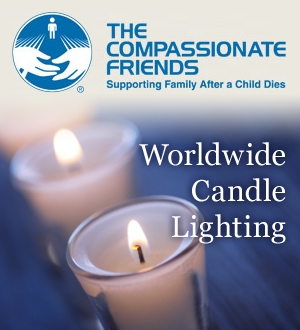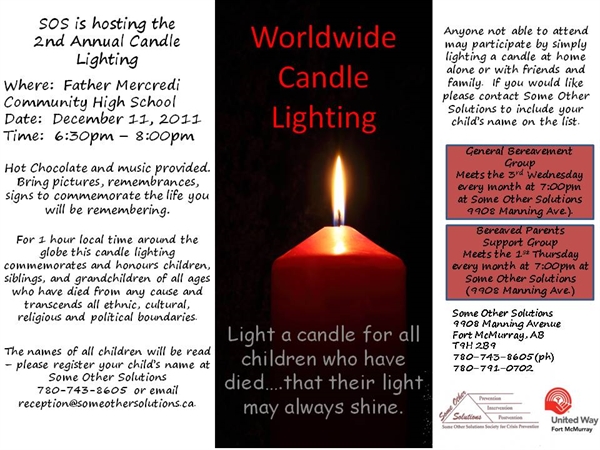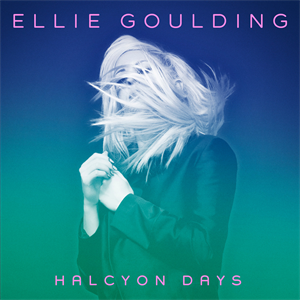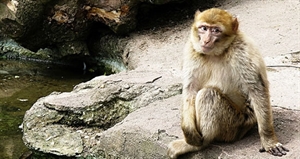Worldwide Candle Lighting Day 2024 is on Saturday, December 14, 2024: i want to do something on 10th dec at human rights day. what should i do?
Saturday, December 14, 2024 is Worldwide Candle Lighting Day 2024.
As an Amazon Associate I earn from qualifying purchases.

Human Rights Day 2010 on 10 December recognizes the work of human rights defenders worldwide who act to end discrimination.
Acting alone or in groups within their communities,
Speak up... Stop discrimination!
Unite the citizens in your community in a common symbolic act, e.g. lighting of candles, raising of a flag, or reading of stories, in honour of those who have died or who have experienced discrimination, harassment, imprisonment or violence in their fight for human rights.

What is Kwanzaa? Its History? What is it celebrating?
THE STORY OF KWANZAA
Kwanzaa is a non-religious holiday celebrated by African-Americans and others worldwide from December 26 to January 1. In 1966, African-American studies professor and civil rights activist Dr. Maulana Karenga founded the holiday to encourage unity and joy among African-Americans and reinforce principles important to the community. Since then, millions of people have embraced the spirit and observances of Kwanzaa.
Karenga named the holiday after the Swahili phrase "matuna ya kwanza", which means "first fruits". Traditionally, Africans have celebrated the first harvest of the year.
There are seven symbols of Kwanzaa: a straw placement; a candleholder; three red, three green, and one black candle; fruit; corn; gifts; and a communal unity cap. The flag that appears has the same symbolic colors as the candles: black signifies the people of African descent, red signifies their bloodshed, and green signifies their hope for prosperity.
With these symbols, Kwanzaa observers consider the "Nguzo Saba", the seven principles of the holiday: unity, self-determination, collective work and responsibility, cooperative economics, purpose, creativity, and faith. Each day is devoted to one principle. In the evening, families come together to light a candle and discuss the day's principle.
On December 31, the celebration of the good, or "karamu", takes place. Participants enjoy African-influenced food, music, and dance, and wear African-inspired clothing. They also honor their ancestors with ceremonies, assess the passing year, and make commitments for the coming year.
Day 1, December 26: Umoja = Unity
Day 2, December 27: Kujichagulia = Self-determination
Day 3, December 28: Ujima = Collective work & responsibility
Day 4, December 29: Ujamaa = Cooperative economics
Day 5, December 30: Nia = Purpose
Day 6, December 31: Kuumba = Creativity
Day 7, January 1: Imani = Faith

Kwanzaa question?
THE STORY OF KWANZAA
Kwanzaa is a non-religious holiday celebrated by African-Americans and others worldwide from December 26 to January 1. In 1966, African-American studies professor and civil rights activist Dr. Maulana Karenga founded the holiday to encourage unity and joy among African-Americans and reinforce principles important to the community. Since then, millions of people have embraced the spirit and observances of Kwanzaa.
Karenga named the holiday after the Swahili phrase "matuna ya kwanza", which means "first fruits". Traditionally, Africans have celebrated the first harvest of the year.
There are seven symbols of Kwanzaa: a straw placement; a candleholder; three red, three green, and one black candle; fruit; corn; gifts; and a communal unity cap. The flag that appears has the same symbolic colors as the candles: black signifies the people of African descent, red signifies their bloodshed, and green signifies their hope for prosperity.
With these symbols, Kwanzaa observers consider the "Nguzo Saba", the seven principles of the holiday: unity, self-determination, collective work and responsibility, cooperative economics, purpose, creativity, and faith. Each day is devoted to one principle. In the evening, families come together to light a candle and discuss the day's principle.
On December 31, the celebration of the good, or "karamu", takes place. Participants enjoy African-influenced food, music, and dance, and wear African-inspired clothing. They also honor their ancestors with ceremonies, assess the passing year, and make commitments for the coming year.
Day 1, December 26: Umoja = Unity
Day 2, December 27: Kujichagulia = Self-determination
Day 3, December 28: Ujima = Collective work & responsibility
Day 4, December 29: Ujamaa = Cooperative economics
Day 5, December 30: Nia = Purpose
Day 6, December 31: Kuumba = Creativity
Day 7, January 1: Imani = Faith












